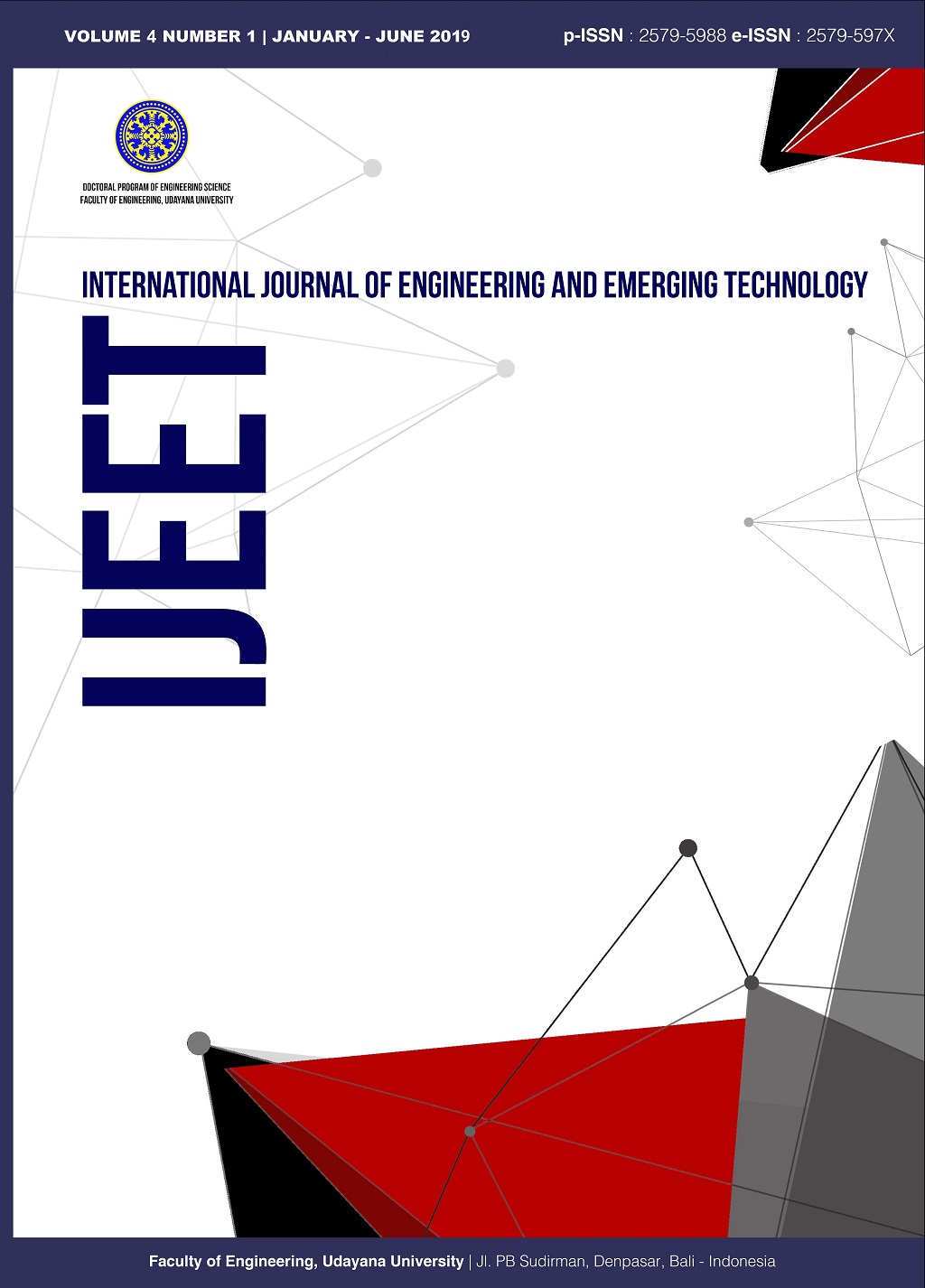Stock management using K-means method and Time Series method as Stock Order
Abstract
Good stock management is one of the keys to success for sales businesses. A stable stock flow will affect the cost of purchasing goods and income. This condition can be achieved when the prediction of the required stock is right, so there is no accumulation of stock or empty stock. The case to be taken is for drug management of a pharmacy. This study uses the K-means method and time series method. The K-means method is a grouping method that is very easy to use and implement. Drug groupings will be made into 3 types, namely the best-selling, selling, and less-selling groups. While the regression time series method is used to predict the stock to be purchased that will be used in two weeks so that there is no stock buildup. Both of these methods are used to provide a grouping of drugs and the right amount of medicine to buy so that the management of drug stocks can be done well. The results of the tests carried out using 1000 test data, in which the K-means grouping test was C1 = 13, C2 = 29, C3 = 958 which was obtained from 11 iterations that had been done. In addition, each drug item has been predicted for the number of drugs to be purchased according to the sales performance of the last 3 months. From both of these results, it can be a reference in making order decisions to better manage stocks

 Indexed By
Indexed By







